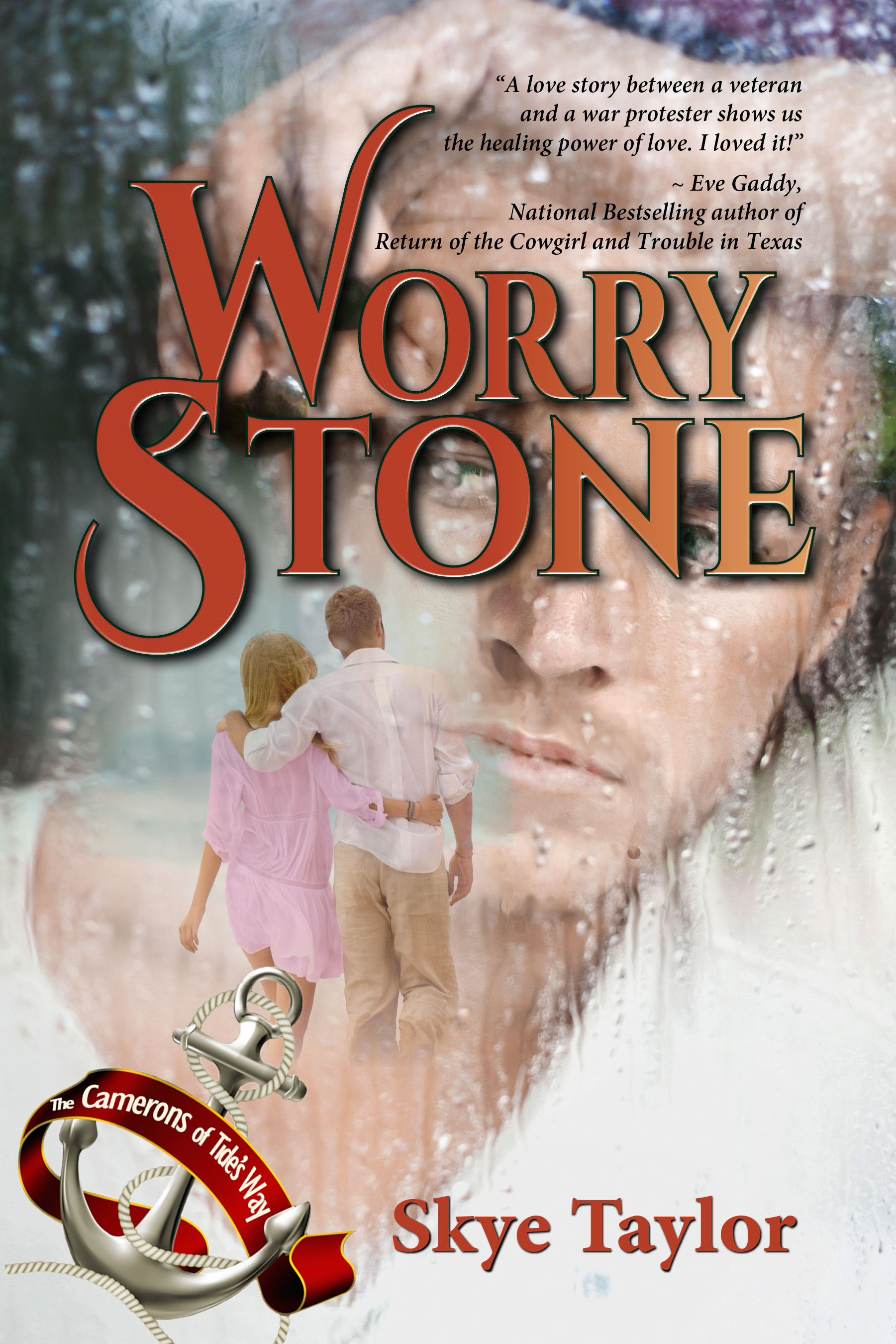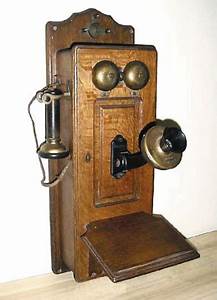This month’s Round Robin Blog Hop asks the question: How can contemporary fiction cope with the rapid changes of today’s world?
 Well, I’m not sure it can. Or should. Some stories are just better told in a setting two years ago, or ten, or twenty. One of my best stories, one that ended up winning silver at the Royal Palm Literary Awards last fall, takes place partly in the present and partly in the the 1970s. I once pitched it to an editor who loved the premise but asked if I could set it during the current overseas wars instead of during the turbulent times of the Vietnam War. While I respect the expertise and experience of good editors and agents, I didn’t for even a
Well, I’m not sure it can. Or should. Some stories are just better told in a setting two years ago, or ten, or twenty. One of my best stories, one that ended up winning silver at the Royal Palm Literary Awards last fall, takes place partly in the present and partly in the the 1970s. I once pitched it to an editor who loved the premise but asked if I could set it during the current overseas wars instead of during the turbulent times of the Vietnam War. While I respect the expertise and experience of good editors and agents, I didn’t for even a  heartbeat consider reworking this story because the way our country treated soldiers returning from Vietnam was appallingly different from those coming home after WWII or today’s wars in the Middle East and that aspect was a key conflict for my hero. By changing that time frame, I would have lost much of the story, and lessened the satisfaction of the resolution. So “Keeping Up” with today’s changes would have made it a very different story.
heartbeat consider reworking this story because the way our country treated soldiers returning from Vietnam was appallingly different from those coming home after WWII or today’s wars in the Middle East and that aspect was a key conflict for my hero. By changing that time frame, I would have lost much of the story, and lessened the satisfaction of the resolution. So “Keeping Up” with today’s changes would have made it a very different story.
XXX
On the other hand, there can often be a universal theme to a story that fits today, last year, last century or even in the years to come, and all you need to make it current are secondary plots that address today’s issues. That said, however, once you use a current event or theme, you anchor the book in a specific era. Today you might write a romance where the heroine is deeply concerned  about the issue of Global Warming and this drives her goal, motivation and conflict. But will this still be as compelling in twenty years as it is today? Already people are beginning to forget the collective shock and the following patriotism of 9/11. Others are denying the holocaust ever happened. I had a friend recently remark after binge watching old
about the issue of Global Warming and this drives her goal, motivation and conflict. But will this still be as compelling in twenty years as it is today? Already people are beginning to forget the collective shock and the following patriotism of 9/11. Others are denying the holocaust ever happened. I had a friend recently remark after binge watching old  black and white TV series while she was recovering from surgery that what hit her was how prevalent cigarette smoking was. Everyone did it. All the time. Everywhere. Today people are just as obsessed with drinking water from plastic bottles bought by the case, so a book where someone filled a glass at the sink would date the story and who knows if this obsession will still be in vogue two years from now when perhaps everyone in the country has a built-in filter systems, much like they have AC today, but didn’t have it as a regular thing 30 years ago.
black and white TV series while she was recovering from surgery that what hit her was how prevalent cigarette smoking was. Everyone did it. All the time. Everywhere. Today people are just as obsessed with drinking water from plastic bottles bought by the case, so a book where someone filled a glass at the sink would date the story and who knows if this obsession will still be in vogue two years from now when perhaps everyone in the country has a built-in filter systems, much like they have AC today, but didn’t have it as a regular thing 30 years ago.
XXX
Bottom line for me is there is NO WAY to keep up with the rapid changes in today’s world without permanently linking your story to a specific era – today’s era – which might be very different next year, or even next month. Our world adds something radically new  every day. A cure for cancer might be discovered tomorrow. Cars that drive themselves are cutting edge today but five years from now we might be appalled that anyone actually drives a car that does not have it. I read an essay last month about a guy on a business trip who decided to use only the technology available in 2010, just to see how much had changed in ten years. Among other things, he had to ASK people how to get places and then hope their directions were accurate or easy to follow. No Google Maps. And remember the Blackberry? Or go back a bit further when doctors on call wore pagers? Or 20 volume encyclopedia sets lined a bookshelf in many homes and all libraries.
every day. A cure for cancer might be discovered tomorrow. Cars that drive themselves are cutting edge today but five years from now we might be appalled that anyone actually drives a car that does not have it. I read an essay last month about a guy on a business trip who decided to use only the technology available in 2010, just to see how much had changed in ten years. Among other things, he had to ASK people how to get places and then hope their directions were accurate or easy to follow. No Google Maps. And remember the Blackberry? Or go back a bit further when doctors on call wore pagers? Or 20 volume encyclopedia sets lined a bookshelf in many homes and all libraries.
XXX
 I used to marvel at the incredible changes my grandmother had experienced as her life unfolded. She was born in 1886. Telephones were brand new at the time and radios hadn’t arrived. Nor had automobiles or airplanes. Yet she lived to be 102, well into the age of television, computers and
I used to marvel at the incredible changes my grandmother had experienced as her life unfolded. She was born in 1886. Telephones were brand new at the time and radios hadn’t arrived. Nor had automobiles or airplanes. Yet she lived to be 102, well into the age of television, computers and  space travel. Now I think back on my own life, not nearly as long as hers (yet) and I remember my pediatrician making house calls, walking home from school for lunch, kids loose in the back seat of cars on the move, roller skating and biking without helmets, drive-in theaters and so many other things that no longer happen. So, unless you are writing a story with no setting details - and how boring would that be? – then keeping up with our rapidly changing world doesn’t really make a difference in your stories. What’s important is creating characters readers care about and plots that are compelling, whatever era they are set in, with whatever technology is appropriate for the story, against the backdrop of whatever current social world works to help drive the plot and the characters in their quest to reach their goals and find resolution.
space travel. Now I think back on my own life, not nearly as long as hers (yet) and I remember my pediatrician making house calls, walking home from school for lunch, kids loose in the back seat of cars on the move, roller skating and biking without helmets, drive-in theaters and so many other things that no longer happen. So, unless you are writing a story with no setting details - and how boring would that be? – then keeping up with our rapidly changing world doesn’t really make a difference in your stories. What’s important is creating characters readers care about and plots that are compelling, whatever era they are set in, with whatever technology is appropriate for the story, against the backdrop of whatever current social world works to help drive the plot and the characters in their quest to reach their goals and find resolution.
XXX
 But maybe some of these other authors have a different take on the question. Perhaps they are addressing the changes in the publishing world which is just as dramatic and different as everything else. So, hop on over and check them out. And, WELCOME TO 2020.
But maybe some of these other authors have a different take on the question. Perhaps they are addressing the changes in the publishing world which is just as dramatic and different as everything else. So, hop on over and check them out. And, WELCOME TO 2020.
XXX
Dr. Bob Rich
Helena Fairfax
Connie Vines
Judith Copek
Beverley Bateman
Fiona McGier
Anne Stenhouse
Rhobin L Courtright